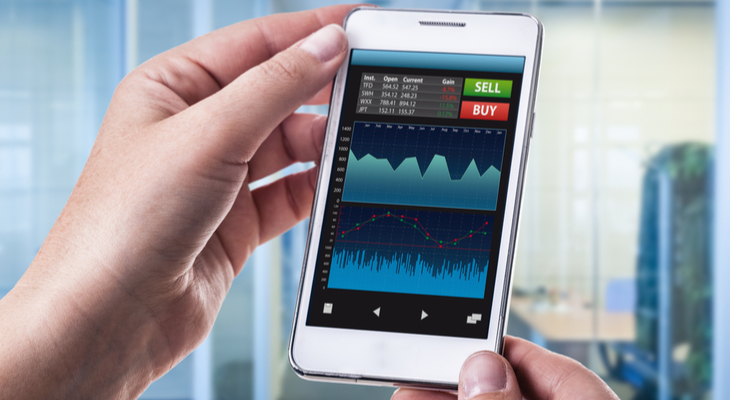Futures vs options: similarities and differences

Options are derivative securities that give the holder the right to buy or sell a primary asset at a set price by a specific date. In contrast, futures are derivative securities that obligate the holder to buy or sell an underlying asset at an agreed-upon price on a specific date in the future.
In the world of trading, novice traders often struggle to distinguish between the two and do not know when to use one or the other. In this article, we will break down some similarities and differences between futures and options so that traders can have a better understanding of their uses and make informed decisions when trading.
What are the similarities?
Both options and futures are derivatives
When a financial instrument’s value is derived from an underlying asset, it is called a derivative. Options and futures are derivative securities, so their values are based on the underlying asset.
Both options and futures are traded on exchanges
Options and futures are both traded on exchanges, meaning there is a central marketplace where buyers and sellers can come together to trade these securities.
Both options and futures involve an underlying asset
Each option or futures contract is based on an underlying asset. For example, you might buy a futures contract for crude oil, which would be based on the price of crude oil. Or you might buy an option for shares of Apple stock, which would be based on Apple stock price. In both types of trading, traders do not exchange the physical asset, such as the stock itself or the barrels of oil.
Both options and futures have an expiration date
Both options and futures contracts expire on a specific date. For options, this is known as the expiration date. For futures, it is known as the delivery date. The option or future will no longer be traded at expiration and will instead settle to its final value.
You can use both options and future for hedging
Hedging is a risk management strategy that involves taking offsetting positions in two different securities to minimise risk. You can use both options and futures for hedging purposes.
You can use both options and futures for speculation
Speculation is a risky investment strategy involving taking a security position to make a profit from price movements. You can use both options and futures for speculation.
What are the differences?
Futures contracts are binding, while options contracts are not
A futures contract is an obligatory agreement to buy or sell an underlying asset at a specific price on a certain date. On the other hand, an options contract is not binding, as the holder has the entitlement to buy or sell the primary asset, but they are not obligated to do so.
Futures contracts are traded on margin, while options contracts are not
Futures contracts are traded on margin, so you only have to put down a small percentage of the total contract value to trade. Options contracts, on the other hand, are not traded on margin. You have to pay the total contract value upfront to trade.
Futures contracts have a fixed price, while options contracts do not
The price of a futures contract is fixed at the trading time; therefore, you know exactly how much you will pay for the underlying asset when the contract expires. The price of an option, on the other hand, is not fixed. It will fluctuate based on the underlying asset’s price.
Futures contracts are settled in cash, while options contracts are settled in shares
Futures contracts are permanently settled in cash, meaning the contract holder will receive (or pay) the balance between the strike price and the settlement price in cash at expiration. On the other hand, Options contracts can be settled in either cash or shares.
The way they are regulated
Options contracts are regulated by the SEC, while the CFTC regulates futures contracts. The SEC is the US Securities and Exchange Commission, and the CFTC is the US Commodity Futures Trading Commission. These companies track and monitor the trading of options and futures contracts, respectively, to ensure that they are fair and orderly.
The way they are taxed
Options and futures contracts are taxed differently. Options contracts are taxed as capital gains, while futures contracts are taxed as 60% long-term and 40% short-term capital gains.
In conclusion
As you can see, options and futures are similar in some ways, but they are very different instruments. Your investment goals and objectives will determine which one is right for you. If you’re looking to speculate on the price of an underlying asset, then either option could work. However, if you’re looking to hedge your risks or take a position in a particular security, you’ll want to choose the contract that best suits your needs.
If you are interested in trading futures or options, Saxo is an FCA-regulated broker that provides UK traders with a variety of assets that can be traded through these contracts.













